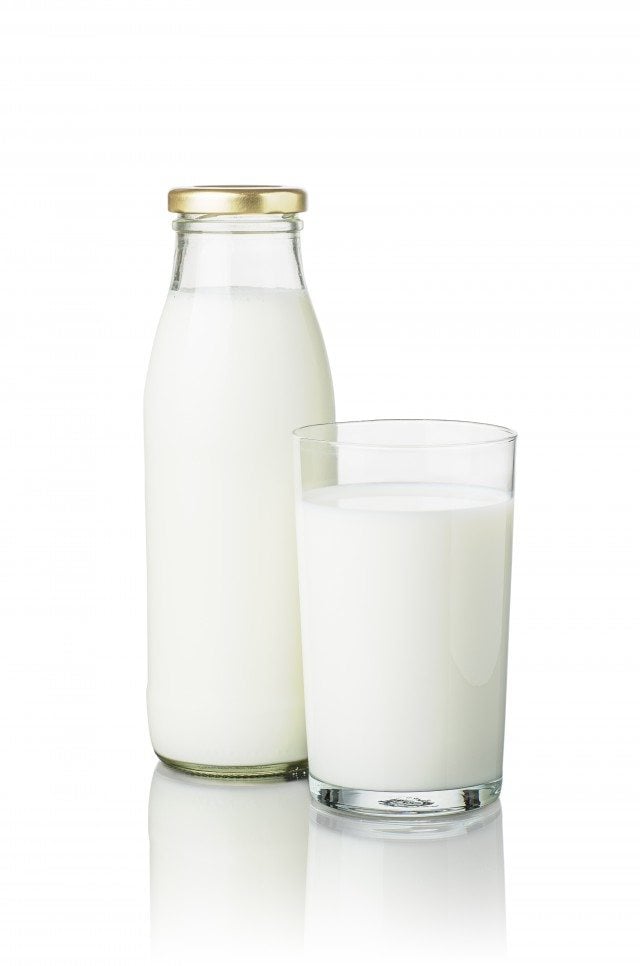In a study, participants who consumed more dairy retained 75% more lean mass (or muscle) compared to those consuming diets lower in dairy.
The new study published by the CSIRO in the journal Nutrients looked at the effects of consuming dairy in people who were on a calorie-restricted diet.
“This study adds further confirmation to other work that shows consuming two to four serves of dairy foods (milk, cheese and yogurt) or dairy supplements, as part of a calorie-restricted diet, can lead to greater weight and fat loss, compared to a control diet,” said Emma Glassenbury, health professional communication manager from Dairy Australia.
The study collated findings from 27 trials looking at the effect of dairy consumption on weight, body fat mass and lean muscle mass in adults.
“These very positive findings, favoring an adequate intake of dairy foods, come at a time when the Australian Health Survey shows nine out of ten Australians are not meeting recommendations for the milk, yoghurt, cheese and/or alternative food groups,” said Glassenbury.
The Australian Health Survey showed adults are consuming an average of 1.5 serves of dairy, which is well below what the Australian Dietary Guidelines recommend for most age and gender groups.
Misconceptions that dairy foods, such as milk, cheese and yoghurt lead to weight gain have contributed to their avoidance, despite the Australian Dietary Guidelines recommending adults aged 19-50 years consume 2.5 serves of dairy foods each day.
“Dairy foods are rich in several nutrients that contribute to a healthy body weight, such as calcium, which reduces absorption of fat,” said CSIRO’s Dr Welma Stonehouse, one of the study’s authors.
Protein and some fatty acids in dairy products also assist with controlling hunger, while protein is also important for retaining and building muscle.
“The vast majority of the studies we reviewed were undertaken with women, so further research is needed to understand the effects with men,” Dr Stonehouse said.










